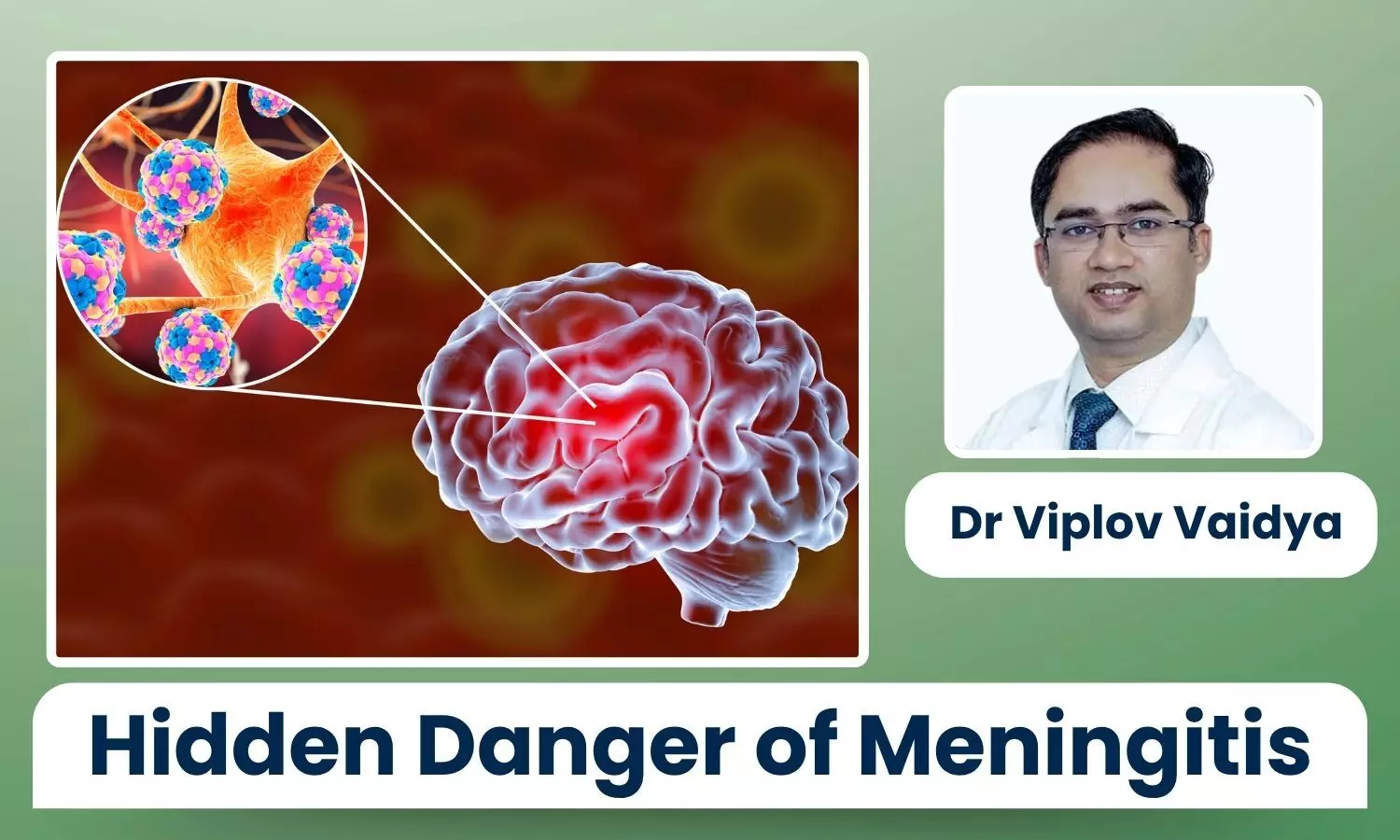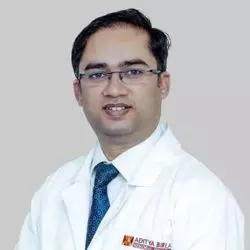Meningitis Strikes Fast: Symptoms, Risks, and Prevention - Dr Viplov Vaidya

Meningitis is a hidden but serious infection that attacks the brain and spinal cord by inflaming the protective layers called meninges. It can strike quickly, caused by bacteria, viruses, fungi, or even injury, turning mild symptoms into a life-threatening emergency within hours.
While anyone can be affected, young children, teenagers, and individuals living in close quarters, such as hostels or dorms, are at a greater risk. Imagine a 3-year-old in Pune waking up with a severe headache, vomiting, and fever.
What seems like the flu could turn deadly within hours if it’s meningitis. World Meningitis Day is a crucial reminder to stay alert, recognise early signs, and get timely vaccinations to protect yourself and your loved ones from this fast-moving threat.
What Causes Meningitis? Understanding the Danger
Each type of meningitis varies in severity, how it spreads, and its potential health consequences. Bacterial meningitis is responsible for more than half of the deaths from meningitis globally and is particularly serious, requiring urgent medical attention.
The most common forms are bacterial and viral meningitis. In India, cases often rise during the monsoon and winter seasons, when infections such as dengue encephalitis and herpes virus are more common. Another important form is tubercular meningitis (TB meningitis), which can affect individuals of all ages, from infants to the elderly.
Spotting the Warning Signs: Symptoms You Should Never Ignore
One of the biggest challenges with meningitis is how quickly it can progress. Nearly 90% of children and teenagers who die from invasive meningococcal disease succumb within 24 hours of diagnosis, highlighting the importance of rapid intervention.
Early symptoms may resemble a common viral fever, making them easy to overlook. Warning signs include severe headache, persistent fever, confusion, disorientation, vomiting, sensitivity to bright light, and neck stiffness.
Advanced infection can lead to violent vomiting, seizures, paralysis, memory loss, hearing impairment, or blurred vision. Many of these effects can be permanent, which is why early detection and prompt medical attention are absolutely critical.
Who Needs to Stay Extra Alert?
Some groups are especially vulnerable to meningitis and need extra vigilance. Infants under one year are at the highest risk due to their developing immune systems, while children under five account for approximately 112,000 deaths globally.
Children and teenagers living in hostels or dormitories, young adults over 21 in communal environments, and elderly individuals with weaker immunity are also highly susceptible.
Meningitis can escalate from mild symptoms to a life-threatening condition within hours, making early recognition and prompt treatment essential to prevent severe, long-term complications such as hearing or vision loss, seizures, paralysis, and memory difficulties.
Vaccines That Can Save Lives
Vaccination provides strong protection against severe forms of meningitis. Two key vaccines are recommended: the meningococcal vaccine, which helps prevent one of the deadliest forms of meningitis, and the pneumococcal vaccine, which not only protects against pneumococcal meningitis but also helps prevent serious infections like pneumonia.
Ensuring timely vaccination for infants, children, adolescents, and high-risk groups is one of the most effective ways to protect against meningitis and its complications.
Don’t wait for symptoms to worsen. Stay alert, vaccinate your children, and seek immediate care. Together, Pune can fight meningitis before it strikes.
Disclaimer: The views expressed in this article are of the author and not of Health Dialogues. The Editorial/Content team of Health Dialogues has not contributed to the writing/editing/packaging of this article.


